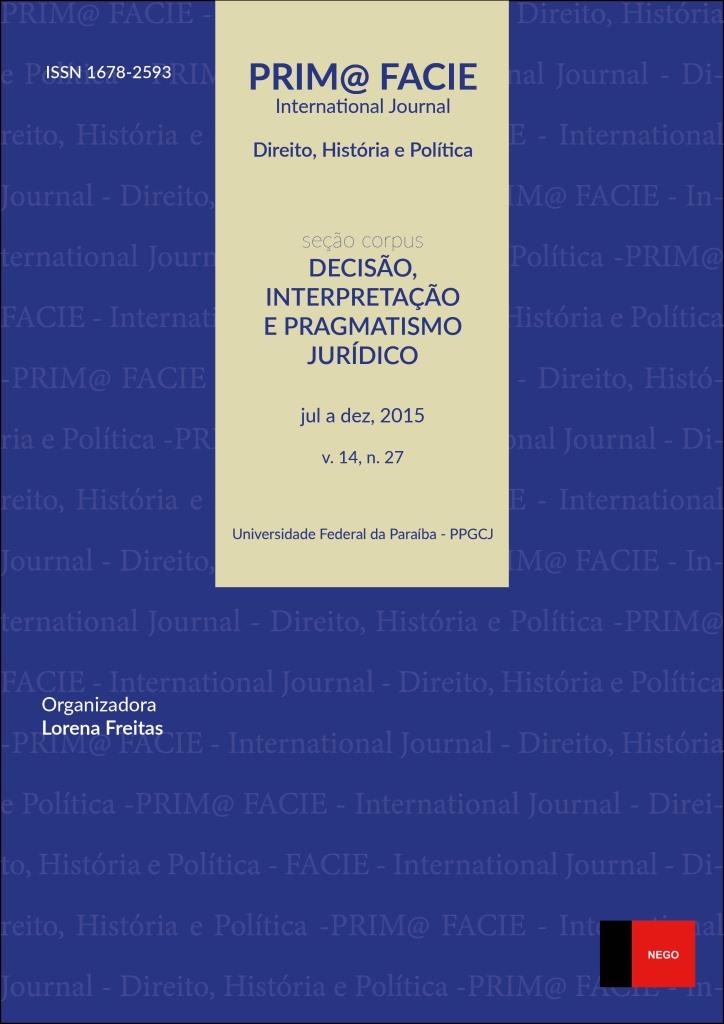[EN] Orientalism in One Country? Race, Region, and Nation in 20th-Century Brazil
Keywords:
Orientalismo, Regionalismo, Constitucionalismo.Abstract
This article considers the different approaches to the problem of regional inequalities within nations in Latin America, and specifically in Brazil. Beginning in the 1960s, scholars used “internal colonialism” to analyze these inequalities, but this concept fell out of fashion in the 1980s with the post-structuralist/cultural turn. Yet dramatic regional inequalities continued to be a feature of Latin American societies. This article suggests adapting Edward Said’s concept of “orientalism” to the processes by which difference gets produced to naturalize regional inequalities, and then explores the way this “internal orientalism” emerged in the increasingly dominant region of São Paulo, especially vis à vis the “Norte” or “Nordeste.” In particular, it looks at the 1932 regionalist movement known as the Revolução Constitucionalista, in which the insurgent state government of São Paulo took up arms against the federal government, and declared its unwillingness to be subordinated to the authority of politicians from “inferior” regions. This period of intense paulista chauvinism allows us to see the way in which regional difference became racialized, and how São Paulo’s claims to modernity became associated with whiteness. At the same time, São Paulo’s location within the same nation as its regional opponents limited the degree to which it could maintain political and cultural hegemony, even as it remained Brazil’s economic “locomotiva.”Downloads
Download data is not yet available.
Downloads
Published
2016-02-20
How to Cite
WEINSTEIN, B. [EN] Orientalism in One Country? Race, Region, and Nation in 20th-Century Brazil. Prim@ Facie - Law, History and Politics, [S. l.], v. 14, n. 27, p. 01–29, 2016. Disponível em: https://periodicos.ufpb.br/ojs/index.php/primafacie/article/view/27575. Acesso em: 23 nov. 2024.
Issue
Section
Articles


